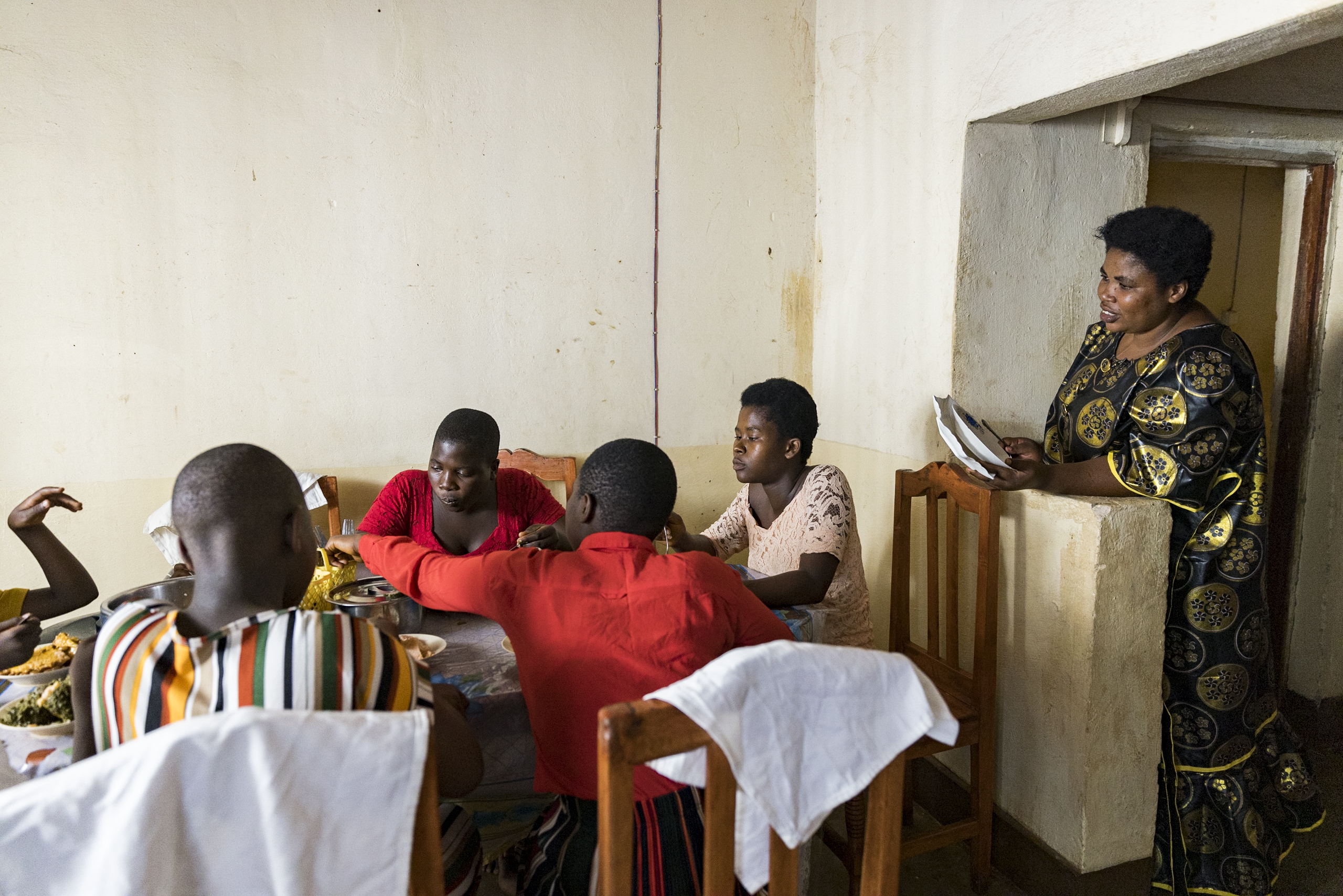Unleashing Entrepreneurship
Women Are Doing Wonders With Open Trade
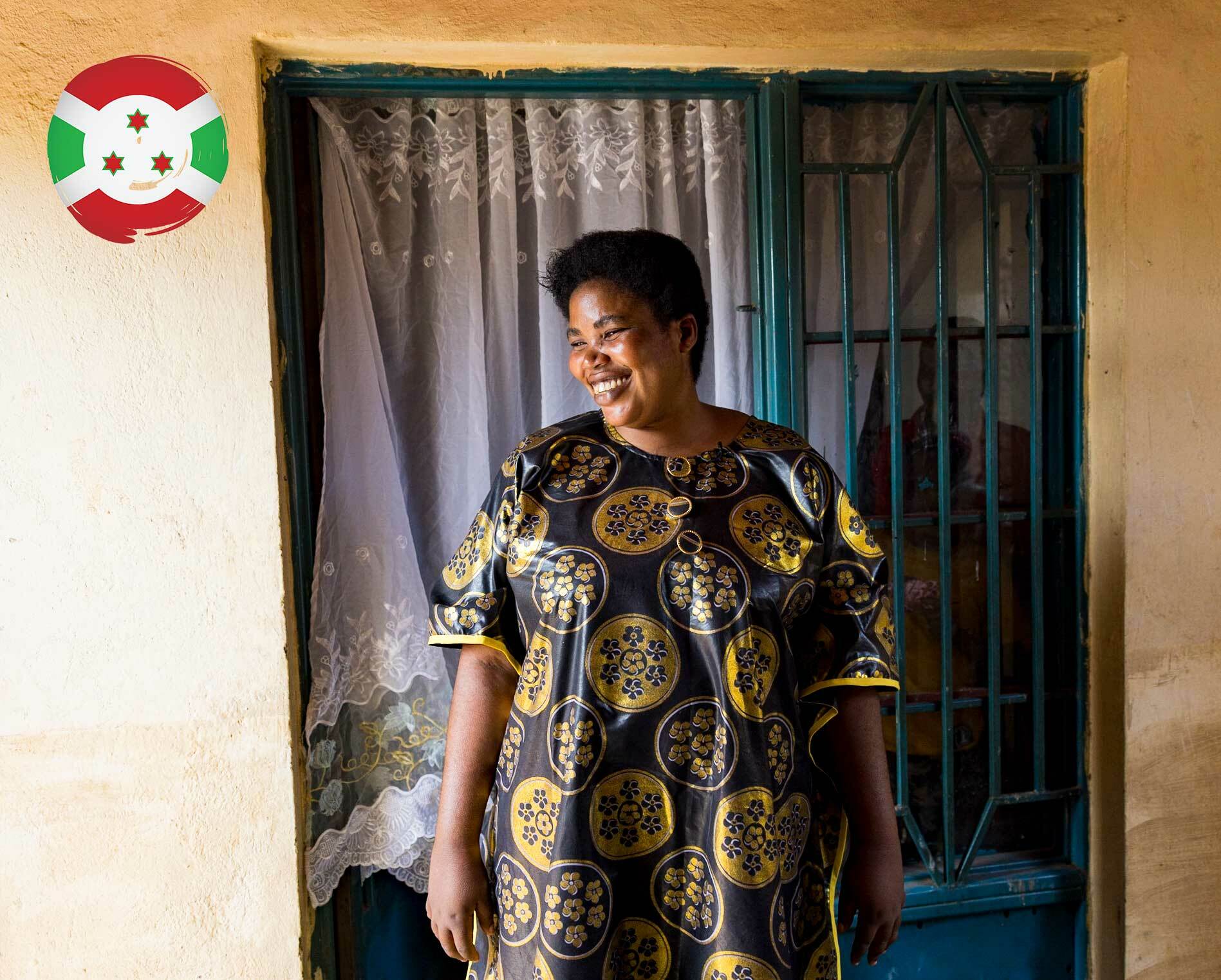

In the small east-central African nation of Burundi, many women make a living by trading goods with people in the neighboring countries of Rwanda, Tanzania, and the Democratic Republic of the Congo (DRC). These savvy entrepreneurs comb Burundi’s street markets for the deals of the day, relying on hard-won experience as to what will sell. The hardest part hasn’t always been finding a good deal, however. Until recently, crossing the border was a difficult, expensive, and dangerous process, putting traders at the mercy of the whims of border guards. Thanks to a local Atlas Network partner, that situation has changed for the better.
Nasra Nsabimana provides for her seven children by trading in the Democratic Republic of the Congo and Rwanda. Her day consists of several taxi rides. She must travel from her home not far from the Rwanda border to the market in the city of Bujumbura, from the market to the DRC border, then back home after she is finished trading. Today, it doesn’t take long to cross the border.
But until 2021, Burundians seeking to trade in a neighboring country were required to pass through 19 separate checkpoints before they even reached the border. Traders were required to have a passport which cost 230,000 Burundian Francs, or over US$100. Passing each checkpoint involved paying taxes, with the frequent addition of bribes or outright extortion. Those who could not pay in cash were forced to distribute some of their goods, and women often became victims of sexual assault at the hands of the border agents. Merchants had few other options, as avoiding these border stations meant making extensive treks over dangerous terrain, crossing rivers and swamps.
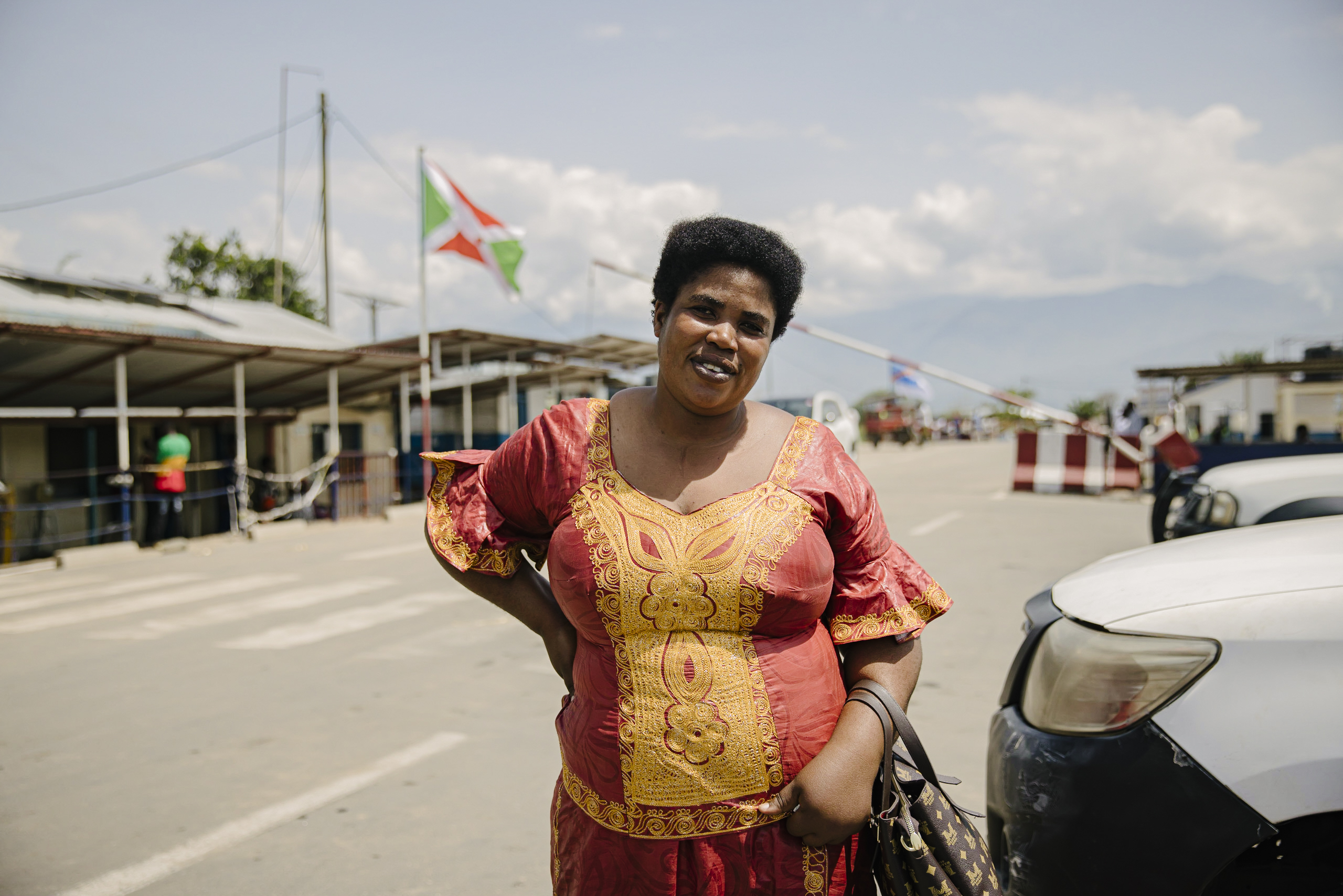
“For a girl, the challenges were huge because of the trauma many of us faced at the border crossing.”
Nasra faced these challenges from the start. At age 16, she was raped by a border guard while on her way to trade. With few other economic opportunities, however, Nasra continued making the border crossing several times a week. The difficulty and urgency of trading increased as her family grew to include seven children—four of her own and three she adopted from her late sister. She dreamed of feeding her children well, sending them to a good school, and someday owning her own home. These dreams seemed far off considering how much of her profits from trading went into paying taxes and bribes just to get across the border. That is, until a local think tank achieved a major reform that would help Nasra and traders like her.
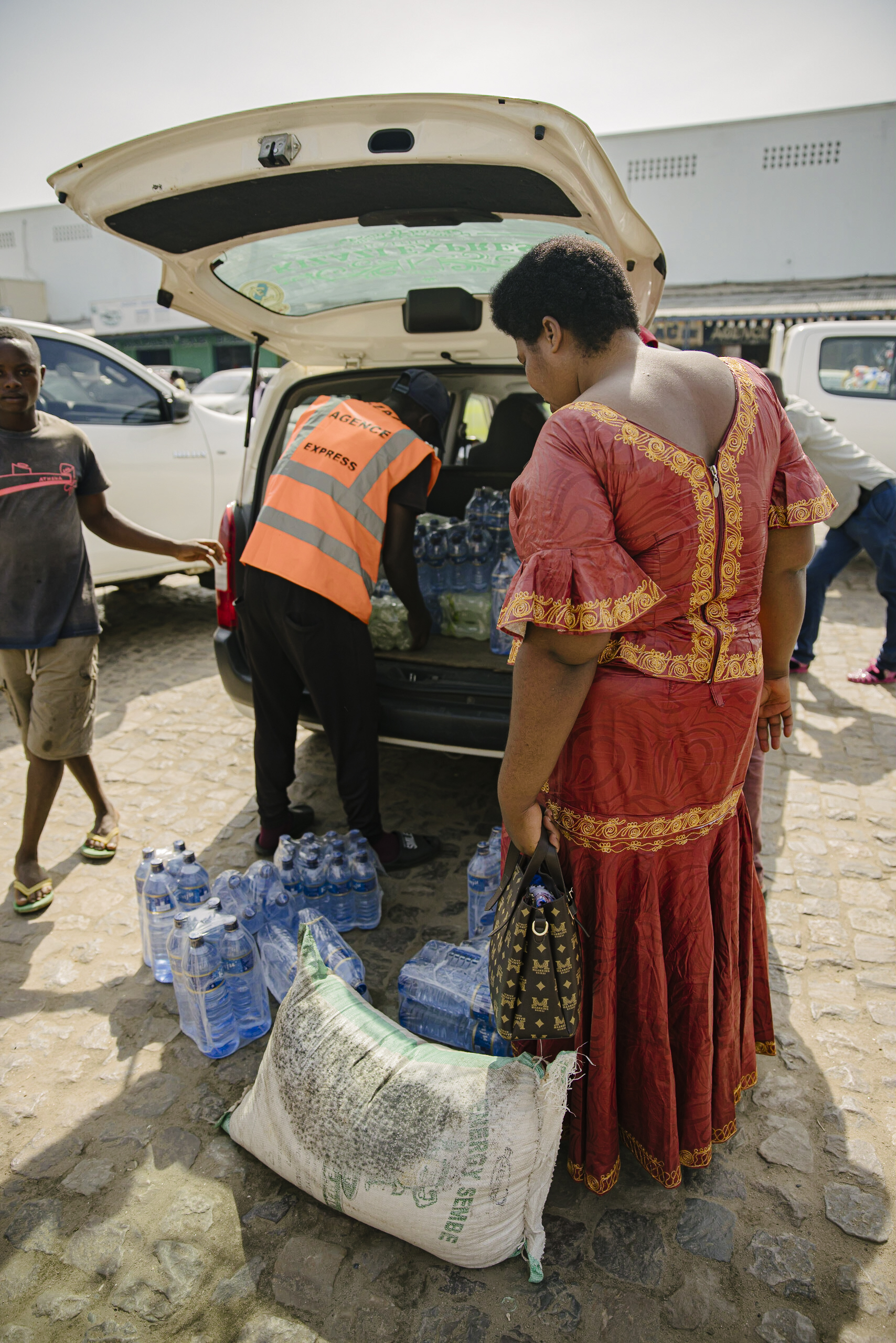
In 2020, Centre for Development and Enterprises Great Lakes (CDE), a Bujumbura-based classical liberal public policy think tank, launched their Fungua Njia (“open road”) project to reform the regulations that made cross-border trade so difficult in Burundi. Learning from the experiences of traders such as Nasra, CDE developed proposals to ensure that crossing the border to trade is accessible and safe for Burundians. The Burundian government adopted the reforms in 2021.
Crossing the border legally is easier than it has ever been. Many trade goods must no longer be accompanied by expensive and hard-to-obtain paperwork. Those goods that do still require certificates of origin can receive them for free and on the same day. Traders no longer need to spend over US$100 on a passport, but can instead use an easily accessible document that is valid for crossing into Burundi’s neighboring countries. The number of border stations has been reduced from 19 to one. Beyond the drastic cost and time savings provided to traders, perhaps the most important result of this streamlined process is that women no longer need to fear the abuses the previous system allowed. CDE estimates this reform will benefit 37,000 families in nine border regions.
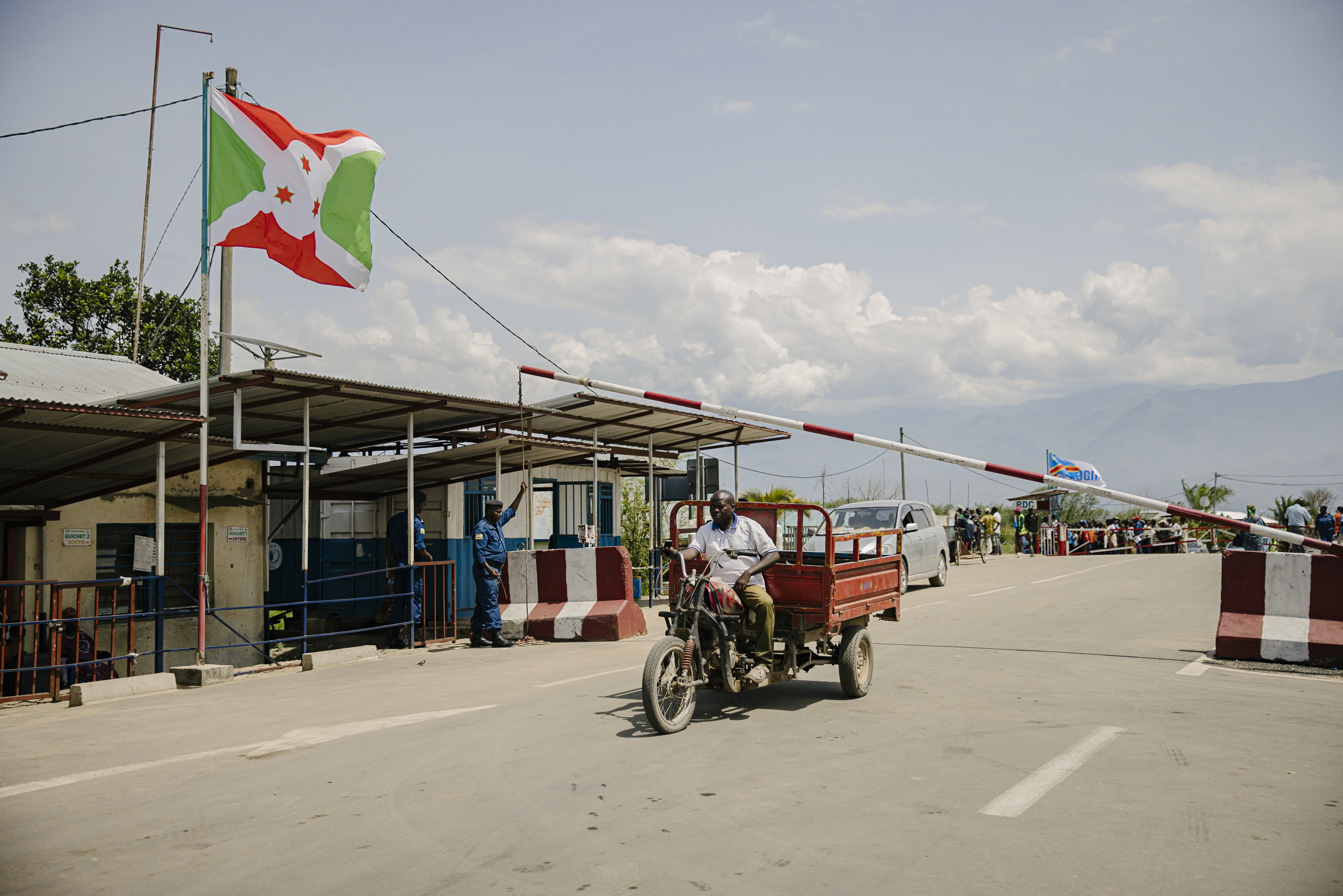
For Nasra, the new rules are a blessing. A day of trading is now a matter of a few hours, instead of a harrowing journey. Despite the trauma she has experienced, Nasra is proud to be an entrepreneur, and she has a renewed hope for her family’s future, thanks to CDE’s successful efforts.
“I give thanks to Fungua Njia,” she says, “because CDE has done wonders.”
